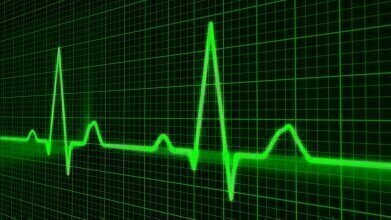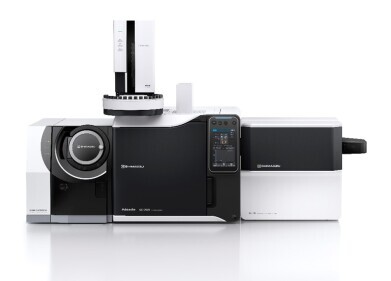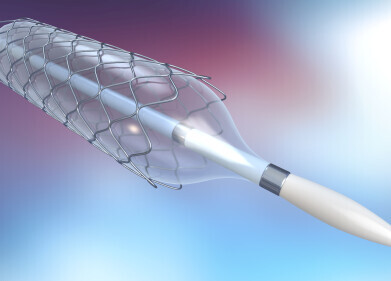Mass Spectrometry & Spectroscopy
How Does Hydroxychloroquine Affect Your Heart?
Jun 10 2020
Despite being heavily endorsed by President Donald Trump as a potential treatment for COVID-19, new research from the Georgia Institute of Technology warns that hydroxychloroquine can have a dangerous impact on heart rhythm. Used to treat malaria, hydroxychloroquine has gained headlines as a possible treatment for the novel coronavirus, which has infected more than seven million people around the world and claimed more than 400,000 lives.
While hydroxychloroquine has shown potential as a treatment for severe cases of COVID-19, researchers at the Georgia Institute of Technology used optical mapping technology to investigate how the disease-modifying anti-rheumatic drug (DMARD) can trigger significant disruptions in electrical signals used to regulate heartbeat.
Experts warn of "surprisingly easy” risk of arrhythmia
The findings were reported in the journal Heart Rhythm, with corresponding author Flavio Fenton explaining how the team experimented with hydroxychloroquine on animal hearts. He warns the DMARD makes it "surprisingly easy" for cardiac electrical signals to slip off rhythm and cause arrhythmia.
"We have illustrated experimentally how the drug actually changes the waves in the heart, and how that can initiate an arrhythmia," says Fenton, who works as a professor in the School of Physics at the Georgia Institute of Technology. "We have demonstrated that with optical mapping, which allows us to see exactly how the waveform is changing. This gives us a visual demonstration of how the drug can alter the wave propagation in the heart.”
The repercussions of elongated T waves
Specifically, the team noticed an increase in the length of the T wave, which refers to the upward curve that takes place after every QRS complex. Normally, voltages fade during the T wave to prepare the heart for its next beat. Fenton and his team say that by lengthening the QT interval, hydroxychloroquine can initiate arrhythmia-causing disruptions during the next wave.
For co-author of the study Dr. Shahriar Iravanian, the findings support evidence that the use of hydroxychloroquine in humans, in particular patients with heart damage caused by COVID-19, can trigger longer QT intervals. This can compromise the heart’s capacity to pump and increase the risk of potentially fatal arrhythmia.
"The hearts used in the study are small and very resistant to this form of arrhythmia," says Iravanian, a cardiologist at Emory University Hospital. “If we had not seen any HCQ-induced arrhythmias in this model, the results would not have been reassuring. However, in reality, we observed that HCQ readily induced arrhythmia in those hearts. This finding is very concerning and, in combination with the clinical reports of sudden death and arrhythmia in Covid-19 patients taking HCQ, suggests that the drug should be considered a potentially harmful medication and its use in Covid-19 patients be restricted to clinical trial settings."
From cardiology to epidemiology, cutting-edge technology is at the heart of modern medicine. For a closer look at an increasingly important technique used to characterize recombinant protein-based biopharmaceutical products, don’t miss ‘Comprehensive Characterisation of Monoclonal Antibodies Using Charge Variant Analysis Coupled to High-Resolution Mass Spectrometry.’
Digital Edition
Lab Asia 31.2 April 2024
April 2024
In This Edition Chromatography Articles - Approaches to troubleshooting an SPE method for the analysis of oligonucleotides (pt i) - High-precision liquid flow processes demand full fluidic c...
View all digital editions
Events
Apr 24 2024 Jakarta, Indonesia
Apr 25 2024 Istanbul, Turkey
Apr 28 2024 Montreal, Quebec, Canada
May 05 2024 Seville, Spain
InformEx Zone at CPhl North America
May 07 2024 Pennsylvania, PA, USA


















